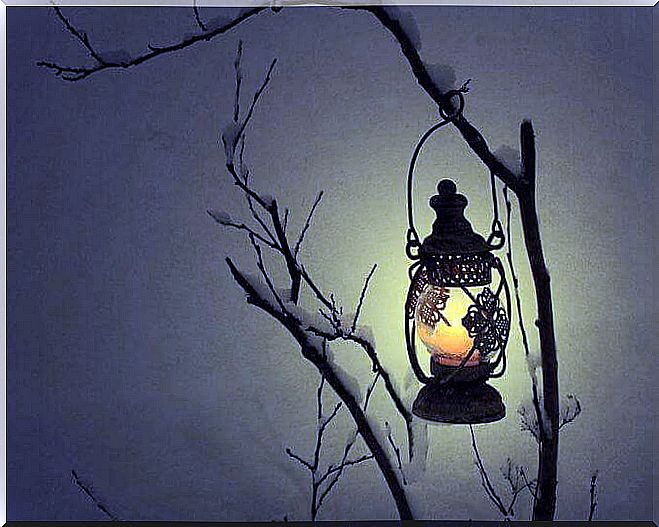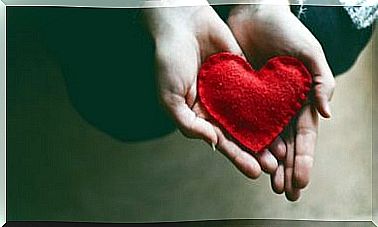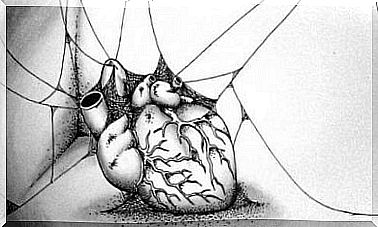The Four Types Of Pain You Can Feel

All of us human beings spend our lives weaving emotional bonds with people who, when they abandon us, fill us with pain.
Pain is a feeling of suffering that arises when we are left by a particular person, and that generates in us a battle made up of “I would like, but I cannot”.
The reality of the loss

When you find yourself plunged into the deep darkness of a loss, you realize how difficult it is to get out of it. In these cases, the first step will consist first of all in overcoming an inner battle: one part of us accepts the loss, the other cannot cope with it.
This phenomenon is completely natural, it is a process that must be understood and understood. Don’t feel bad and don’t feel guilty about it. Your reaction is normal, the ups and downs are a characteristic of suffering. There are days in which you are able to move forward, others in which you walk backwards… the important thing is to continue on a general level.
Once you understand what pain is, it is important to know how to distinguish the different types of pain that exist.
Knowing them will allow you to analyze yourself, both with an eye on past and future losses, as well as in the event that a loved one needs your help for the same reason. It is a way to better understand what is happening, to learn to accept and overcome it.
Four types of pain
1.Chronic pain
In chronic pain, the acceptance phase for the loss does not happen at any time. Only the denial of the loss itself persists.
In the mind of the person who is the victim of this pain, a series of mechanisms are activated to protect him from the reality that is afflicting him. The victim comes to create a sort of illusory dimension within which he lives his abyss, without paying the price of the fall, but without even being able to return to dry land.
In his mind he will visualize phrases such as “nothing has happened”, “nothing has changed” and so on. In this way the pain takes possession of her, little by little, like the cold that creeps into the bones.
2.Negation of pain
It might look similar to the previous one, but in reality the two have nothing to do with it. In the denial of pain, the person afflicted with suffering is unable to express what he feels, what causes him the profound sense of discomfort.
The act of repressing, of swallowing, is never positive. Sometimes crying allows us to get rid of everything that makes us suffer.
This type of pain arises in people who believe that crying or suffering will make them appear weak to others. Because of this, they keep everything inside of them… until they can’t stand it anymore and explode in a totally unpredictable way, usually out of control.

3. Intense pain
In the case of intense pain the victim lets out everything inside, unable to repress absolutely anything. He can cry, scream, express his anger …
This behavior may seem beneficial, yet such an expression of pain, often experienced in the most extreme way, can lead to the sufferer falling into depression.
It is okay to express what you are feeling, but it is good to do it in the most appropriate way and through the right channel. Likewise, it is wrong to seek distraction in one’s pain in order to atone for one’s sins.
4. Ambiguous pain
Ambiguous pain occurs when it is not known for certain whether the loved one is dead or not. It tends to occur in the case of missing or kidnapped persons and so on.
It is a type of pain also known as “frozen pain”, as it feeds on uncertainty while waiting for news. The feeling of not understanding what is happening, of not being able to know, makes it perhaps the worst kind of suffering a man can experience.
None of us can escape the terrible pain. We all sooner or later find ourselves experiencing it. Suffering is a painful situation, but at the same time of overcoming.
Knowing the different types of pain will make you understand what you really need, it will open your eyes to a more optimistic future. Suffering is normal, but the storm always passes … and you, before you know it, will start moving on again.

Images courtesy of Matt Wisniewski








